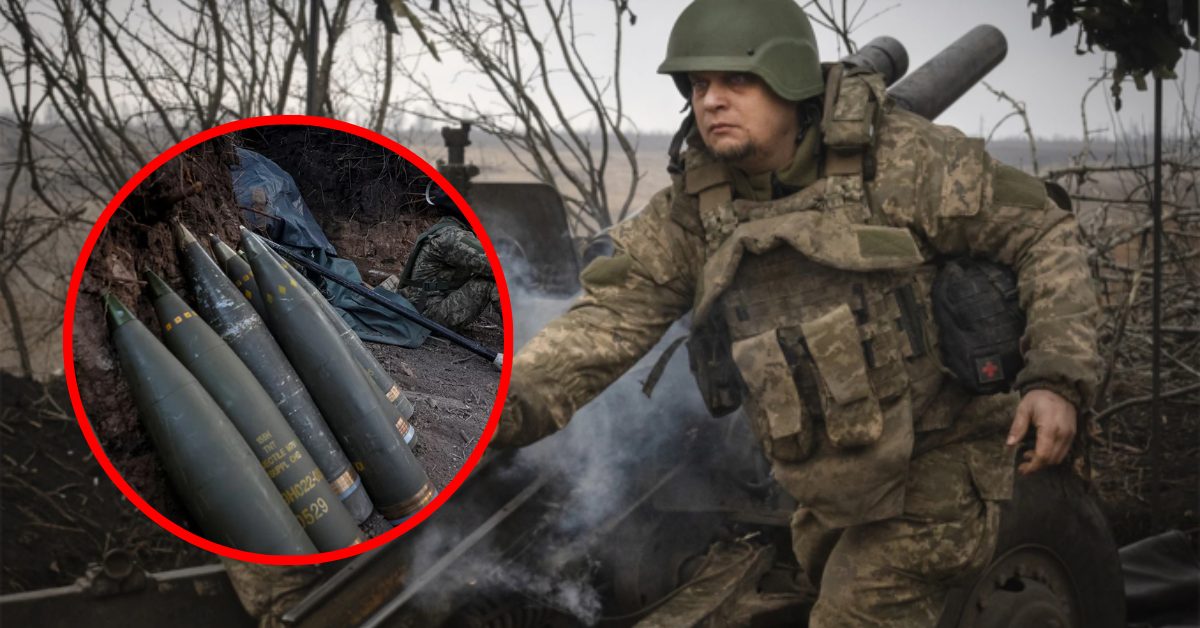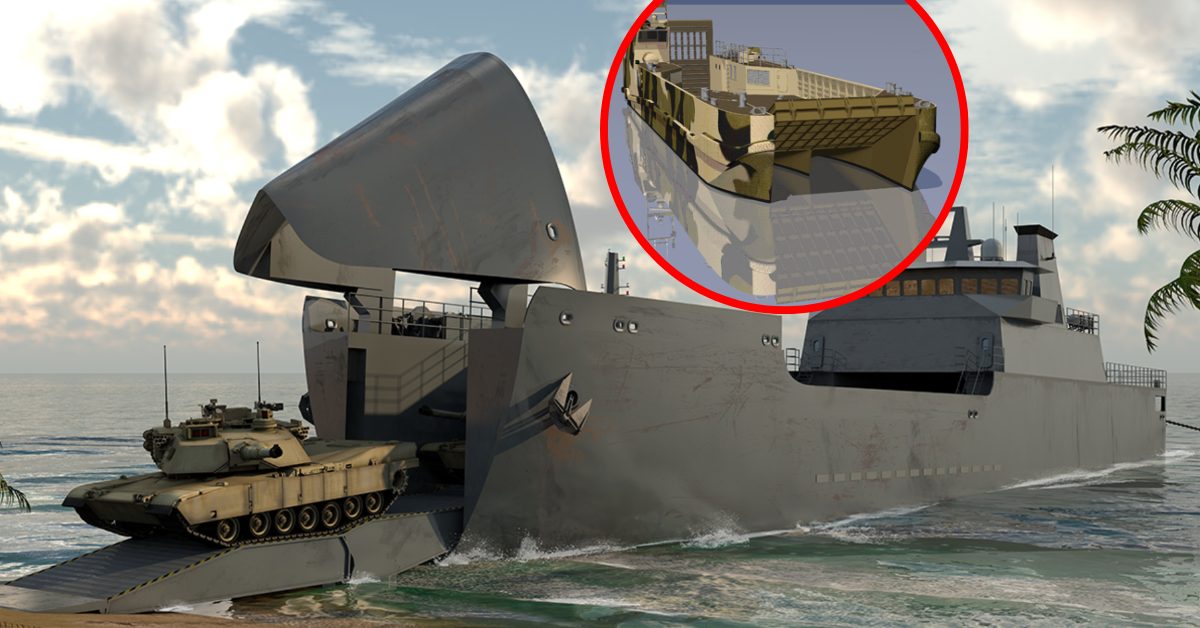A well-known Russian submarine design bureau is proposing a sub to patrol Moscow’s vast sea frontier. The Border and Offshore Submersible Sentry (BOSS) would equip Russia’s paramilitary Border Guards, and would very likely be the first submarine to serve in a non-combat role. If it sounds like an ill fit that’s because it is—but it’s pretty much the only way forward for the unique sub to ever see the light of day.
Not Your Father’s Border Patrol
The submarine is being proposed for the Border Service of the Federal Security Service of the Russian Federation, or more simply, the Border Guards. During the 20th century, Russia’s border forces were placed under the KGB spy agency, the organization responsible for the security of the country. Soviet ruthlessness in keeping its people in and foreigners out led to the Border Guards growing large and heavily armed, and Border Guard troops even served during World War II.
After World War II, the Border Guards became even more powerful, with the organization’s naval arm receiving everything from small patrol craft to 400-foot-long, 3,000-ton Krivak-class frigates. The Border Guards also served as something like a Coast Guard, although Russia now has an independent Coast Guard for search and rescue missions.

US Army ODINKrivak-class frigates, such as this Ukrainian-flagged ship, are full-fledged warships, but sail for the Russian Border Guards. They are growing increasingly old and in need of eventual replacement.
BOSS, as envisioned by the Rubin Design Bureau, is a 236-foot-long submarine with a displacement of 1,300 tons, about one-sixth the displacement of the U.S. Navy’s Virginia-class nuclear-powered attack submarines. The ship features a tumblehome hull, a knifelike design where the bow of a surface ship, or surfaced ship narrows as it nears the waterline. Rubin says the tumblehome design, as well as the traditionally spare exterior of a submarine, will reduce the ship’s radar signature.
Rubin describes the sub’s armament as consisting of an automatic light-caliber cannon, two missile launchers, and four torpedo tubes. The cannon, built into the sail, is probably the 57mm AU220M Bajkal, while the missile launchers resemble those used for the Kornet-EM anti-tank missile. The 324mm torpedo tubes are commonly known as lightweight torpedos, and are the same size used by most navies, including the U.S. Navy. The BOSS also incorporates a bow-mounted sonar for detecting undersea threats.
In another nod to surface operations, BOSS includes two “pressure-proof multifunctional hangars for boarding teams and equipment, unmanned aerial vehicles or other payload.” In images provided by Rubin, the hangars appear cylindrical and are covered by one clamshell door that closes flush with the deck. In some product imagery, Schiebel S-100 Camcopters are shown operating from the hangars.
Who Is the BOSS Really For? Rubin Design BureauBOSS with its payload bays and hangar hatches open.
Rubin Design BureauBOSS with its payload bays and hangar hatches open.
Rubin picked the name Border and Offshore Submersible Sentry because a sub for the Border Guards is pretty much its only opening into the Russian military, as Russia is already committed to larger, heavier nuclear and diesel-electric attack submarine designs. And of course, Russia is also preoccupied with a land war in Ukraine. Only three of the Border Guards’ eight Krivak-class frigates are still operational, and the youngest is 24 years old. If Rubin wants to sell submarines, it has to design them for the Border Guards.
That’s not necessarily a bad thing. Border Guards operate in Moscow’s littorals, coastal seas where the waters tend to run shallow, and intermixed combat between air, sea, and even land forces is possible. Recent examples of littoral combat include battles between the patrol boats of North and South Korea, the NATO intervention in Libya, and attacks by Ukrainian robo-ships and missiles against Russian warships. While BOSS would make a poor Border Guard ship, it would make an intriguing littoral warship for export abroad.
Another issue is that, thanks to the Ukrainian armed forces, Russian weapons have yet again taken a serious reputational hit. Thanks to poor design and quality control, there are literally hundreds of videos of Russian ships, aircraft, and tanks experiencing premature detonation in combat. Purchasing these subs would boost the Russian military’s profile.
The Takeaway
Behind the awkward marketing, BOSS is a new type of warship meant for combat in so-called littoral waters. It’s hard to say if it’s a bad idea, a fair one, or even a good idea.
But one thing’s for sure: actual combat would be uniquely dangerous, as submarines aren’t exactly known for being able to submerge with holes in them. But first, someone has to buy this thing.





